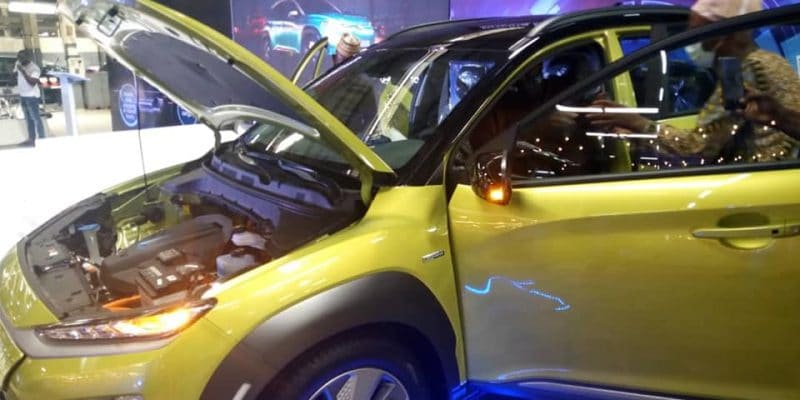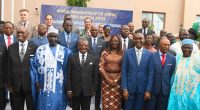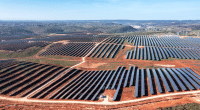The Nigerian automobile company Stallion Motors will put its new electric car assembled in Nigeria on the market before the end of 2020. According to the company, the "Hyundai-Kona" will contribute to the reduction of greenhouse gas emissions in this West African country.
The “Hyundai-Kona” will soon be on the streets of Nigeria. This 100% electric car is assembled on site by Stallion Motors. The model will be put on the Nigerian market before the end of 2020, according to the Nigerian car company.
Presented on November 13th, 2020 by Stallion Motors, this vehicle can travel 482 km after 9.35 hours of charging. Once the “Hyundai-Kona” is on the road, Stallion Motors plans to sensitise the population to a change in behaviour. The aim of the Nigerian company is to help protect the environment by reducing CO2 emissions.
The promotion of electric cars
“Currently, Nigerian electricity consumers living in R1 category dwellings are charged only 4 naira per kW (over US$0.010). This means that when the Hyundai-Kona goes on sale in Nigeria, its owner will only have to pay 316 Nigerian naira (about US$0.83) for a full charge if he plugs the car into the public power grid,” says Stallion Motors.
The presentation of the “Hyundia-Kona” comes in a particular context in Nigeria. This West African country wants to reduce its carbon emissions by 179 million tonnes per year by 2030 through the adoption of renewable energy and decarbonised mobility. At the end of 2018, the Nigerian government signed a memorandum of understanding with Volkswagen for the construction of a car assembly plant in the country. The partnership also concerns the creation of a training academy in collaboration with the German government and the “broader” technical training of the community in the field of automotive skills.
“A complete network of Volkswagen vehicles and services will also be developed in Nigeria, subject to its commercial viability,” Volkswagen indicated after the signature of the agreement in 2018.
Inès Magoum







